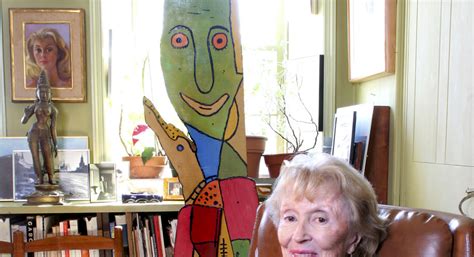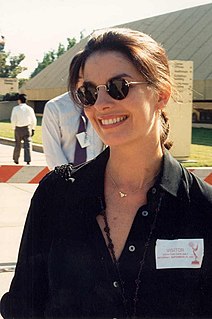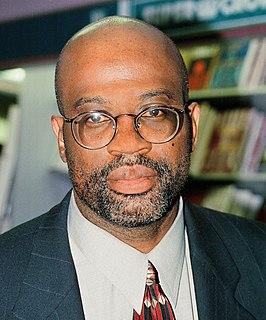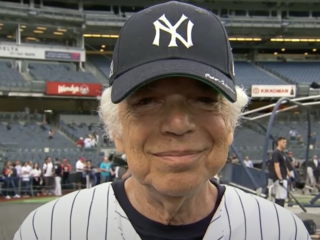A Quote by Francine du Plessix Gray
I think it's one of the reasons I wrote my book later in life. My parents didn't have these extreme alternations of conduct. They were very sweet to me.
Related Quotes
I think the reasons for not selecting persons like the Reverend Borders and John Wesley Dobbs were, in my book rather obvious reasons: because they were people who were basically oriented in the direction of the established method of not confronting the power structure, but trying to elicit concessions by various and sundry means of, well, let's call it accommodating leadership.
If I wrote a book, I had to be willing at least to talk about some of my struggles, whether in my personal life, health crises, or the deaths of my parents, because there can too easily be a perception of me that my life just went from A to Z uninterrupted, without any ups and downs, and that's not a fair representation.
My parents were only one part of my lineage. I also met a number of mentors, one of whom I nicknamed "Socrates" after the ancient Greek, and wrote about in my first book, Way of the Peaceful Warrior. That book emerged in 1980, as a result of travels around the world and decades of preparation, eventually leading to 15 other books written over the years, culminating in my newest offering, The Four Purposes of Life.
[Confiscating a book and punishing its author] is a sign that one does not have a good case, or at least doesn't trust it enough to defend it with reasons and refute the objections. Some people even go so far as to consider prohibited or confiscated books to be the best ones of all, for the prohibition indicates that their authors wrote what they really thought rather than what they were supposed to think . . .





































